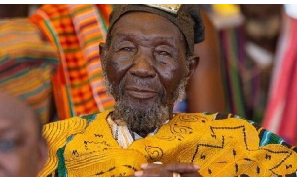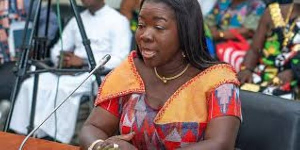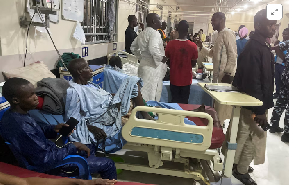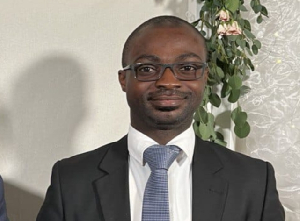The idea of community development is not new it grew out of the activities by our colonial administrators. It is theory and practice based of community participation, community organisation, and community planning and community development.
Every community has its own priorities, which they themselves consider as necessary for their own development before they could move on.
Ghana like the rest of Africa is a continent endowed with an immense natural, human resources as well as great cultures, ecological and economical, diversity. In the case of Ghana we are enjoying a real peace yet Ghana remains underdeveloped.
Some of our problems have been through dictatorship with some Government regimes who have the notion that a country they serve are their own personal property.
Currently the realisation have arrived for countries to prove through worth and genuineness through the peer review NEPAD.
Africa must wake up and embrace these natural gifts we are blessed with and praise God for this mercies on us rather them pleading poverty all the time and being classified as a third world country.
Africans may need to ask themselves these following questions
Do we have rain most of the time?
Do we have the sun shining most of the time with hardly little or no snow to hinder any developments? The Europeans have not considered that having snow most of the year as a hindrance and used this as their strength in developmental initiaitives.
What is our problem then?
Do we have peace?
Do we have tropical rain forest?
Do we have the sea, rivers, lakes, streams, and waterfalls?
Do we have the lands for extend industrialised agriculture?
Are we cultural friendly natured and very flexible to others?
If these questions gives a yes answer then perhaps various Governments through out Africa may need to consider ways of achieving the dreams nature has offered us. The need to be classified as well-developed countries not the third world, underdeveloped, poverty-stricken countries, which is looked down upon as a continent to be pitied with handouts.
Ghana and the rest of Africa we must wake up now!!
In Japan, Europe, and Central Asia they have formed a Building Social Capital in Small disadvantaged Communities where the various Government allocate funds for such developments.
How have these countries tackled they are of poverty? These questions may need the focal talking point when their Premier comes to Ghana to do business with us. We should not be laugh and drinking whisky with them but simple glass of water in order to stay focused throughout their entire stay in our country.
What is the main objective of the Social Development Fund anyway?
The objective of the fund is to improve welfare for the poorest communication through small pilot community –based projects for poverty alleviation and improvement of community welfare, targeted to the poorest and the most marginalised.
These include the following: --
? Activities that enhance their self confidence, self reliance and efficacy, and to strengthen the community – wide respect for the trust and collective
? Technical assistance to train, mentor and coach community members and facilitators
? Enhance analytical capacity for implementing of pro- poor policies and monitoring of poverty and living conditions.
Component:-
Community –Based Social Capital Fund (Earmarked Capital) The fund is then assessed competitively by the smallest, poorest, and the most marginalised communities for the grants with a set limit on each category.
Proposals for small pilot projects are then submitted. It is then managed by community –based organisation and support small-scale employment and income generation activities for community members at risk (for example people with disabilities, poor families with young families, youth at risk etc) use of waste land and community skills, and resources.
The Japanese use such projects to complement activities under Government own schemes or department, which will then be managed predominately by municipalities and registered/licensed NGO who are working directly with the poorest communities anyway. They will address specific local needs identified by the beneficiary communities. This will test new models and forms of participatory grass- roots level-community project implementation. The targeted communities will be selected based on perhaps a study of their living conditions and human community poverty indicators. In order to ensure that the process of project is implemented the Japanese build on fostering a relationship with pro-poor coalition and community networks.
Training of Community facilitators (fund located)
The funds allocated for this component will cover the cost for the following
? Identification of community facilitators ? Training needs assessments ? Preparation and dissemination of simple training materials on projects management, monitoring & evaluation for example proposal writing. ? Design of curriculum for and carrying out of short training events ? Travel and allowance for training events, consultants, translation and video -conferences on social capital related issues, organised by reputable organisation.
Community facilitators would have an essential role in helping all their communities to take stock of their own strengths and values.
Who finances this initiative then, perhaps lobbing parliament and other Associated Bank Financed Operation or even foreign businesses and countries like Japan, China, India, U.K and America could assist Ghana in this way. This would be seen globally as a systematic process of poverty alleviation and poverty reduction strategies across a nation.
If vulnerable people within any society could stand up and sing praises to the Government of the day then a significant head way have been achieved.
Currently, Ghana is still going through this process and we should not re- invent any wheel but look to the mentioned countries in this article and rather build on what would feel would enhance our living conditions and thus improve public health and wellbeing.















